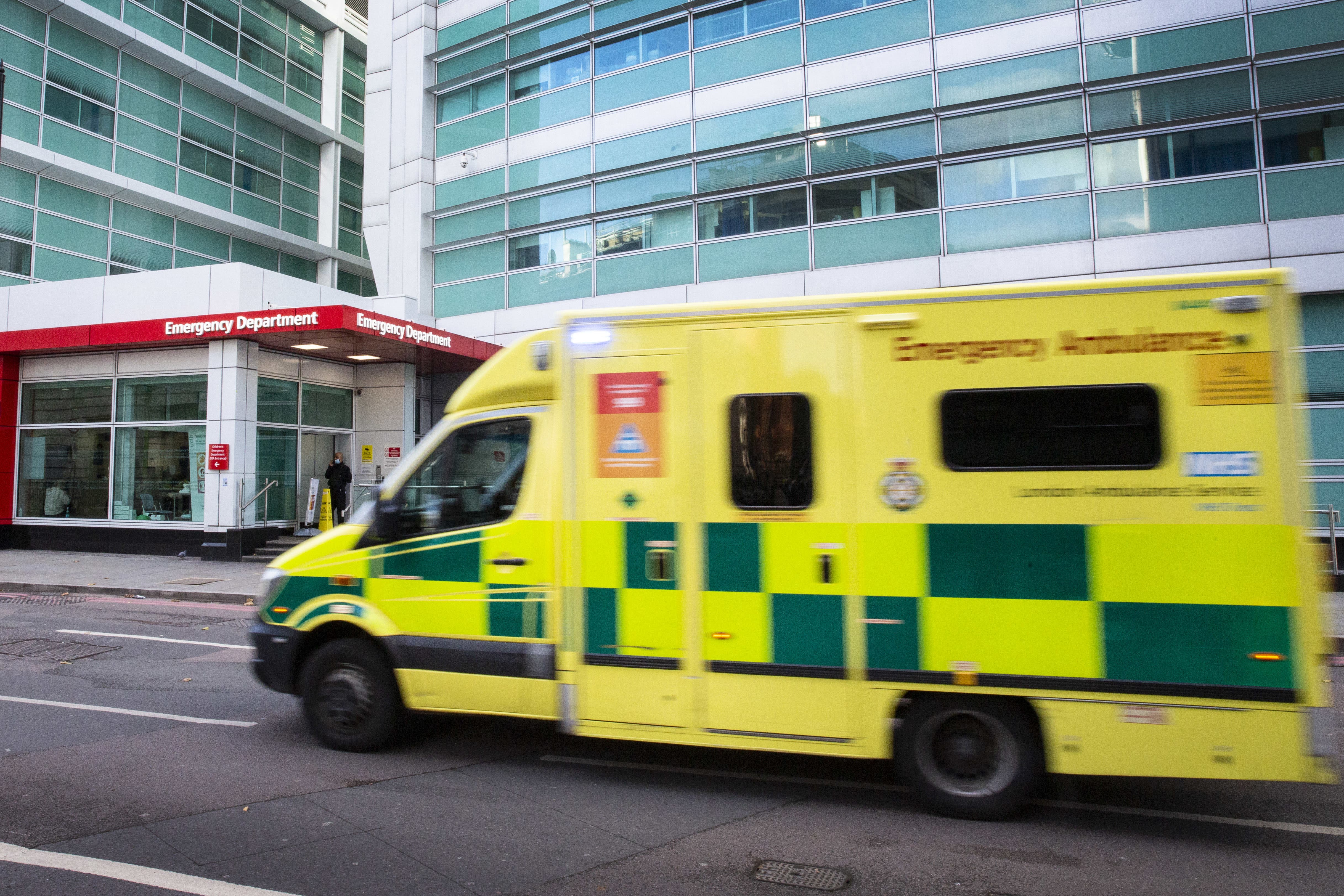Police refuse to drive ambulances during strikes, saying: ‘We need to catch criminals first’
National Police Chiefs’ Council turns down request for help because of existing demands

Police have refused to drive ambulances during two days of strike action later this month, saying they cannot handle the task on top of “ever-growing demands”.
Ambulance services had requested support during walkouts scheduled for 21 and 28 December over NHS pay.
Unions have said they will respond to life-threatening incidents, but it is unclear how “category two” calls, including suspected strokes, heart attacks and seizures, will be dealt with.
Earlier this week, health secretary Steve Barclay said that lower category incidents, such as falls by elderly people, may not be responded to as “trade unions are saying those things wouldn’t be covered”.
The National Police Chiefs’ Council said it had received a request for support but was not able to answer it because of existing demands, which already see police officers respond to a high number of mental health incidents and spend shifts handing patients over to A&E.
The Independent has previously revealed how a lack of available ambulances has caused armed police to be deployed to cardiac arrests, because of their first aid training and equipment.
Assistant chief constable Owen Weatherill, who is the police lead for national mobilisation, said police had to deliver their own “core business” on crime.
“For officers to drive an ambulance, they need to have a specific driving qualification which many within policing do not hold,” he added.
“If officers do hold this, it means they also have a qualification to drive police vehicles needed for dealing with public order incidents and are needed by forces.”
Thousands of soldiers have already been preparing to cover for ambulance crews, as well as for Border Force staff and other striking workers.
Mr Weatherill said that the preservation of life would always be officers’ number one priority, but policing had become the “service of last resort”.
He added: “Chiefs must make decisions balancing ever-growing demands. The demands on policing are significant and it is vital that we deliver our own priorities to protect the public and catch criminals first.”
The GMB union said more than 10,000 ambulance workers across nine trusts in England and Wales will join the strike, beginning a day after nurses walk out.
Paramedics, emergency care assistants, call handlers and other staff will also be taking part in the two days of action.
Rachel Harrison, GMB national secretary, said: “After 12 years of Conservative cuts to the service and their pay packets, NHS staff have had enough.
“The last thing they want to do is take strike action but the government has left them with no choice.”
The prime minister has suggested that planned anti-strike laws could be extended to prevent walkouts by emergency service workers,
Rishi Sunak said the government was “looking at all options” on Friday, saying his main priority was to “protect lives and minimise the disruption” of the growing wave of industrial action sweeping the country.
Other sectors mounting strike action include Royal Mail, rail workers, Border Force officials and driving examiners.
Challenged over whether the government could do anything to avert the action, Mr Sunak said: “What I’m not going to do is ask ordinary families up and down the country to pay an extra £1,000 a year to meet the pay demands of the union bosses. That wouldn’t be right and it wouldn’t be fair.”






Join our commenting forum
Join thought-provoking conversations, follow other Independent readers and see their replies
Comments